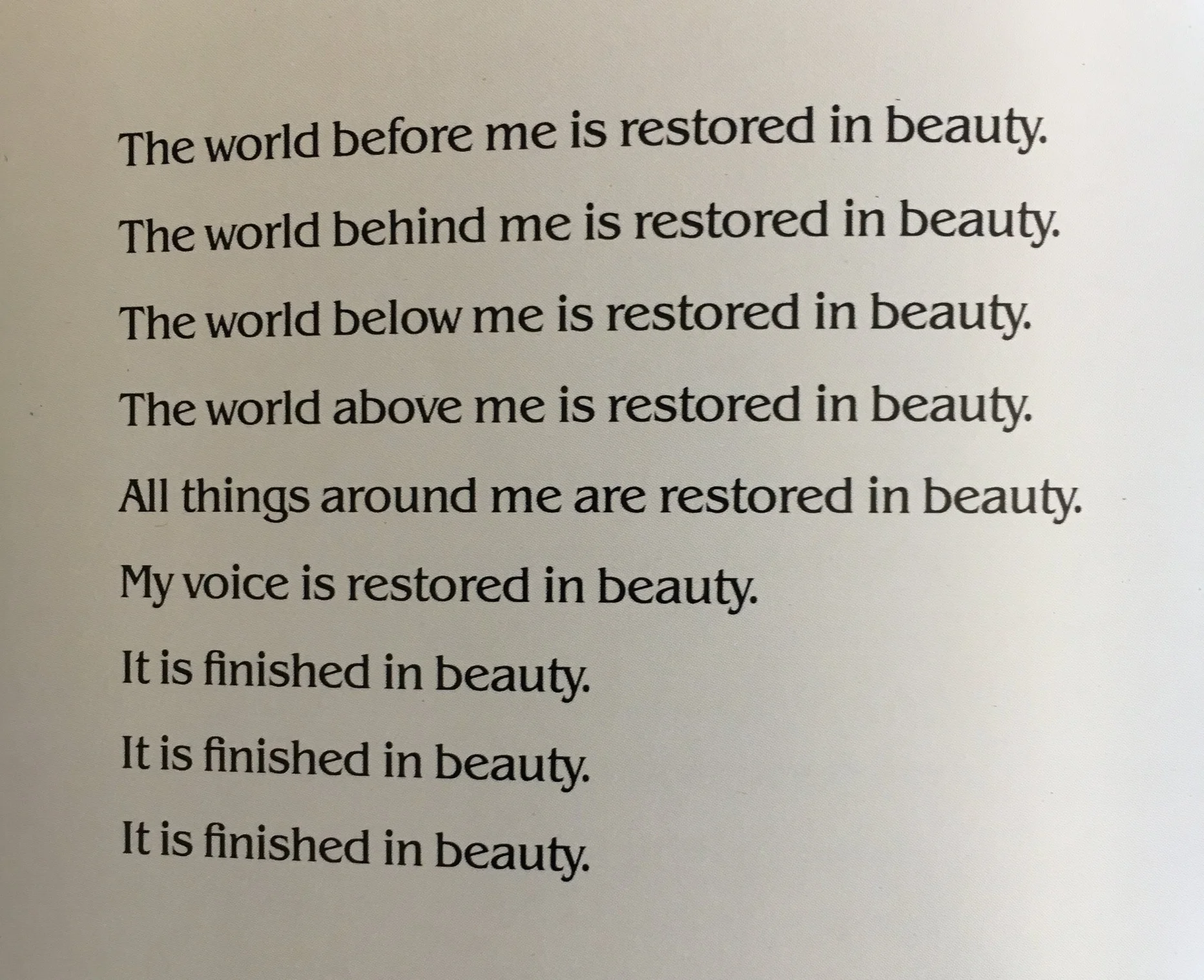Do Women More Accurately Represent the Divine? Reflections on Hildegard von Bingen
As part of this month's exploration of our theme, "Hope for Change," we highlight the works of Hildegard von Bingen, born 1098 and lived 81 years. A German Benedictine abbess, Saint Hildegard was also a natural scientist, author, composer, philosopher, Christian mystic, and all around polymath. St. Hildegard is one of the world's earliest female playwrights, composers, and etc.; a predecessor of Shakespeare, Bach and the Gutenberg press.
The music below, hers, is roughly 900 years old. We share it because of its calming, restorative, connecting powers. And because throughout St. Hildegard's music the theme of "viriditas," or greenness, emerges. Viriditas is "an earthly expression of the heavenly, in an integrity that overcomes dualisms." (Wikipedia)
Reflections on Hildergard von Bingen, and change --
"No Ordinary Saint"
By Robert McClory (Prof. Emeritus of Journalism, Northwestern University).
Read the original post on National Catholic Reporter.
It took more than 800 years for the church to formally canonize Hildegard of Bingen. Her elevation by Pope Benedict XVI was announced May 1 at the Vatican. The 12th-century German Benedictine abbess and mystic has been venerated for centuries by Christians, but the delay in her official recognition could have had something to do with her very unorthodox kind of sanctity.
At a time when two ecumenical councils were dissolving the marriages of all priests and cutting adrift their wives and children, Hildegard was proclaiming the special dignity of women in her speeches, books and music. She was, in fact, so far ahead of her time that she was neither understood nor taken seriously by the hierarchy, thereby avoiding for most of her life sanction or investigation. Here are a few of her positions on scripture and theology.
There exists in the inner being of God an almost erotic balance of feminine and masculine, which is mirrored in the complementary relationship of men and women.
Since Jesus took his body from a woman, it is woman rather than man who best represents the humanity of the Son of God.
Contrary to St. Augustine's position, sexual pleasure is not the result of sin, should not be equated with guilt and would have been present in Paradise before the Fall.
In opposition to church belief at the time, menstruation does not render a woman unclean, but the shedding of blood in war certainly renders a soldier unclean.
During her life, Hildegard founded two monasteries, authored books on theology, ecology, natural science, medicine and gardening. She wrote hundreds of hymns and songs, which are today in the top 100 at Amazon.com. She corresponded with the political leaders of the day, traveling up and down the Rhine, and even threatened German Emperor Frederick Barbarossa for daring to impinge on the freedom of the church.
Late in life, she did run afoul of church authority. A man who had been excommunicated for involvement in revolutionary activity died, and she gave permission for his burial in the abbey cemetery. With the local bishop absent, the canons of the church demanded Hildegard exhume the body from consecrated ground. She refused, claiming she knew the man's sins had been forgiven. So the canons authorized civil authorities to dig up the body. On the evening before their arrival, Hildegard, vested in her attire as abbess, went to the grave, blessed it, and then, with the help of her nuns, removed all the cemetery markers and stones, so the plot of the excommunicated man could not be identified. The irate canons placed the abbey under interdict; Mass, sacraments and the singing of the divine office were forbidden on its premises. Still, she would not yield. Church authorities finally lifted the interdict after Hildegard reminded them that those who prevent God's praises in this life will, in their own afterlife, go to "the place of no music."
In a speech he gave in 2010, Pope Benedict praised Hildegard, calling her a worthy role model for Catholics today. I hope many will follow his recommendation. For a full treatment of her teachings and life, read Sister of Wisdom: St. Hildegard's Theology of the Feminine by Barbara Newman.
Learn more about St. Hildegard's life here and here.
###





